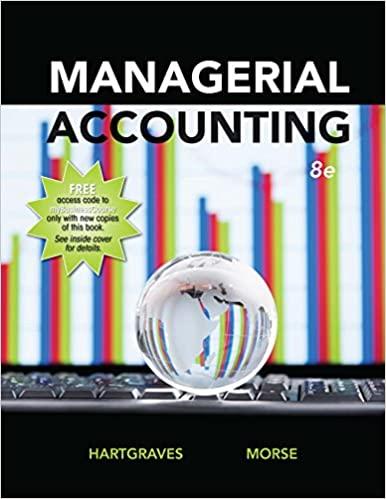Expected Values of Questionable Decisions The members of the jury had to make a decision in a
Question:
Expected Values of Questionable Decisions The members of the jury had to make a decision in a lawsuit brought by the State of Alabama against Exxon Mobil. The suit revolved around natural-gas wells that Exxon drilled in state-owned waters.
After signing several leases obligating Exxon to share revenues with Alabama, company officials started questioning the terms of the agreement that prohibited deducting several types of processing costs before paying the state royalties.
During the course of the trial, a memo by an in-house attorney of Exxon Mobil came to light. The memo noted that Royal Dutch/Shell, which had signed a similar lease, interpreted it “in the same manner as the state.” The memo then presented arguments the company might use to claim the deduction, estimated the probability of the arguments being successful (less than 50 percent), and proceeded to consider whether Exxon should obey the law using a cost-benefit analysis. According to the memo, “If we adopt anything beyond a ‘safe’ approach, we should anticipate a quick audit and subsequent litigation.” The memo also observed that “our exposure is 12 percent interest on underpayments calculated from the due date, and the cost of litigation.” Deducting the questionable costs did, indeed, result in an audit and a lawsuit. Source: Business Week.'>
Required If you were a member of the jury, what would you do? Why?
Step by Step Answer:






